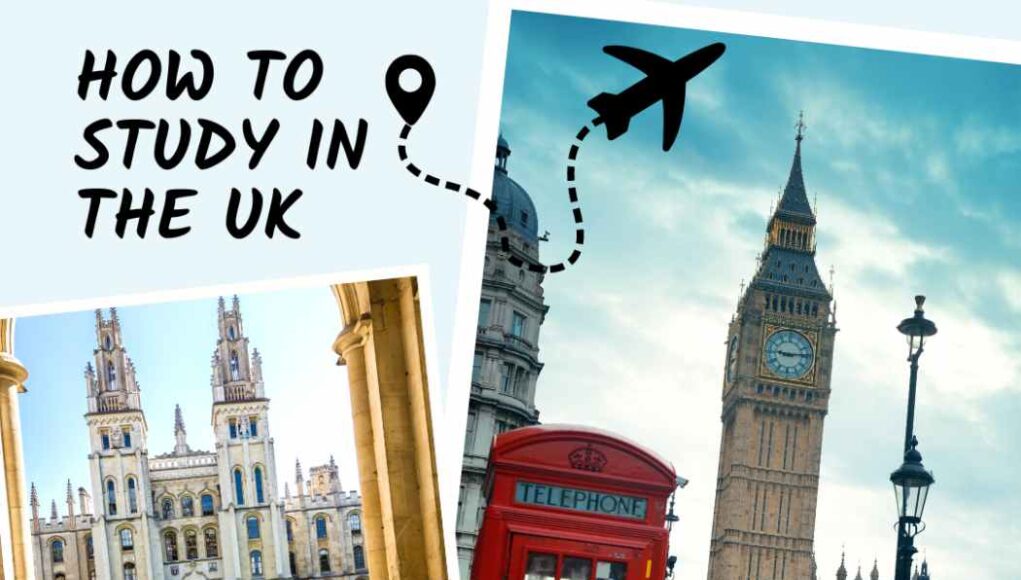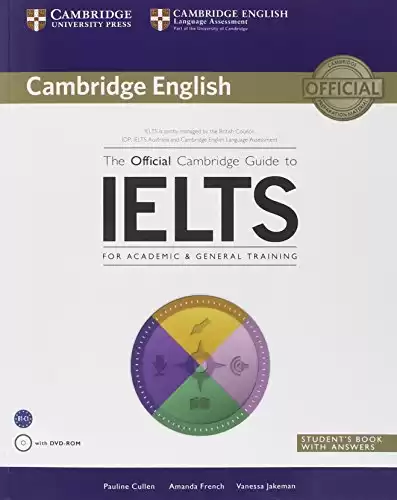There are plenty of reasons to study in the UK — Reputation, value, work, career opportunities and the list goes on. But you may be wondering… “What’s the application process like?” or “Where do I start?”
Don’t worry! We’re here to help you figure out the easiest and most straightforward way to apply to universities in the UK. Let’s dig in.
Step 1: Select UK Universities and Courses
You’ve all heard of Oxford and Cambridge, however, the UK has over 390 universities and higher education institutions.
First, you can start your search by taking a look at the Top 10 Universities in Europe and the Best Universities in London for International Students.
Additionally, you can explore different universities, colleges, and courses on UCAS.com.
And speaking of courses, you will need to differentiate between undergraduate and postgraduate courses (or degrees) during your search:
Undergraduate degrees or Bachelor’s degrees are foundational academic degrees. A secondary school (or high school) graduate will usually apply to undergraduate degree courses. Unlike American bachelor’s degrees which normally take 4 years to complete, UK bachelor’s degrees can be completed in 3 years.
Postgraduate degrees include Master’s, MBA, PhD or doctorate degrees, as well as postgraduate diplomas and qualifications. As a general rule, you need to have an undergraduate or bachelor’s degree before applying to a postgraduate program. Also, you can use Prospects to search for postgraduate courses.
Certainly, your decision will involve many factors including academics, career opportunities, location, tuition fees, etc. Just make sure that you follow your personal values when selecting the right universities and courses of study for you.
This is your future, and you need to be happy about your decisions.
You may also like: Best University Towns in the UK
Step 2: Register and Apply to UK Universities
Undergraduate Degrees
The application process for undergraduate degrees is centralized. Go to UCAS to register and fill out your application form.
Application Requirements:
- A-Levels or International Equivalent (International Baccalaureate, Advanced Placement, SAT II Subject Tests). Some universities also offer a foundation program for international students who have a high school diploma, secondary school diploma, or equivalent.
- English Proficiency Tests, such as IELTS or TOEFL.
- Personal Statement (See How to Write a Winning Personal Statement)
- Personal References
- Interview or Proof of Work (some universities may require these additional steps)
Perfect for students at band 4.0 and above, this study guide has EVERYTHING you need to prepare for IELTS Academic or General Training.
There are 4 application deadlines:
- October: Universities of Oxford and Cambridge. Additionally, medicine, veterinary medicine, and dentistry courses/degrees.
- 15 January: Official deadline for most undergraduate courses/degrees.
- March: Some art and design courses/degrees.
- 30 June: Late deadline for most undergraduate courses/degrees. Applications received after this deadline will go into “clearing”, meaning you will be limited in your options.
As you may know, it is always better to apply early, especially if you are an international student who may also need to apply for a visa, housing, scholarships, and financial matters. See more tips for international applications.
You may also like: The Student’s Guide to Visit Oxford
Postgraduate Degrees
Because postgraduate degrees in the UK do not use a centralized application process, you will need to contact the university program to obtain information about their specific admissions requirements and deadlines. However, most postgraduate programs follow these standard requirements:
- Bachelor’s or Undergraduate Degree (or its international equivalent)
- English Proficiency Tests, such as IELTS or TOEFL.
- Personal Statement (See How to Write a Winning Personal Statement)
- References
Perfect for students at band 4.0 and above, this study guide has EVERYTHING you need to prepare for IELTS Academic or General Training.
You may also like: How to Study in the USA and Apply to American Colleges
Step 3: Get Funding and/or Scholarships
Once you are offered a place at the university of your choice, you will need to start planning and gathering your funds to pay for your course.
UK Universities are usually less expensive than universities in the USA and Australia, but they are not free, so just make sure you plan early.
Your tuition funds can come from many sources. For instance, funding can come from parents, relatives, organizations, your country’s government programs, as well as university and external scholarships. See these resources to apply for scholarships to study in the UK:
You may also like: How to Study in Italy
Step 4: Apply for a Student Visa
After getting an offer and securing funds, you will need to apply for a student visa. Some of the requirements to get a student visa to study in the UK include:
- Confirmation of Acceptance for Studies (your university will send you this reference number)
- Proof of funds to cover tuition, housing and expenses
- Proof of English proficiency
The earliest you can apply for a student visa is 6 months before you start your course/degree. A decision will be granted between 3 to 8 weeks depending on whether you apply from inside or outside the UK.
Additionally, a UK student visa allows you to study full-time and work (mostly part-time, with some exceptions). As stated by visa policies, you are not allowed to work in certain jobs or be self-employed. Learn more at GOV.UK.
Step 5: Start Planning Your Move
Finally, UK universities usually provide lots of resources to international students looking for housing or temporary accommodations.
You can also get a head start by taking a look at these popular student accommodation websites: accommodationforstudents.com, uniacco.com, and unitestudents.com.
Review all the resources and information provided by your university, start booking your flights, and start packing!
Your future starts now.

Denisse Romero
Denisse is a global education and communications consultant, as well as the main person behind MacQuil. As an international mentor and frequent traveler, she enjoys sharing information to help anyone travel, study or work abroad.
Denisse holds a Master's in Management from GWU, a Master's in Education from Harvard University and an Executive Coaching Certificate from the University of Cambridge.



















